News
Vitalik proposes “enshrined zkEVM” to improve security & speed
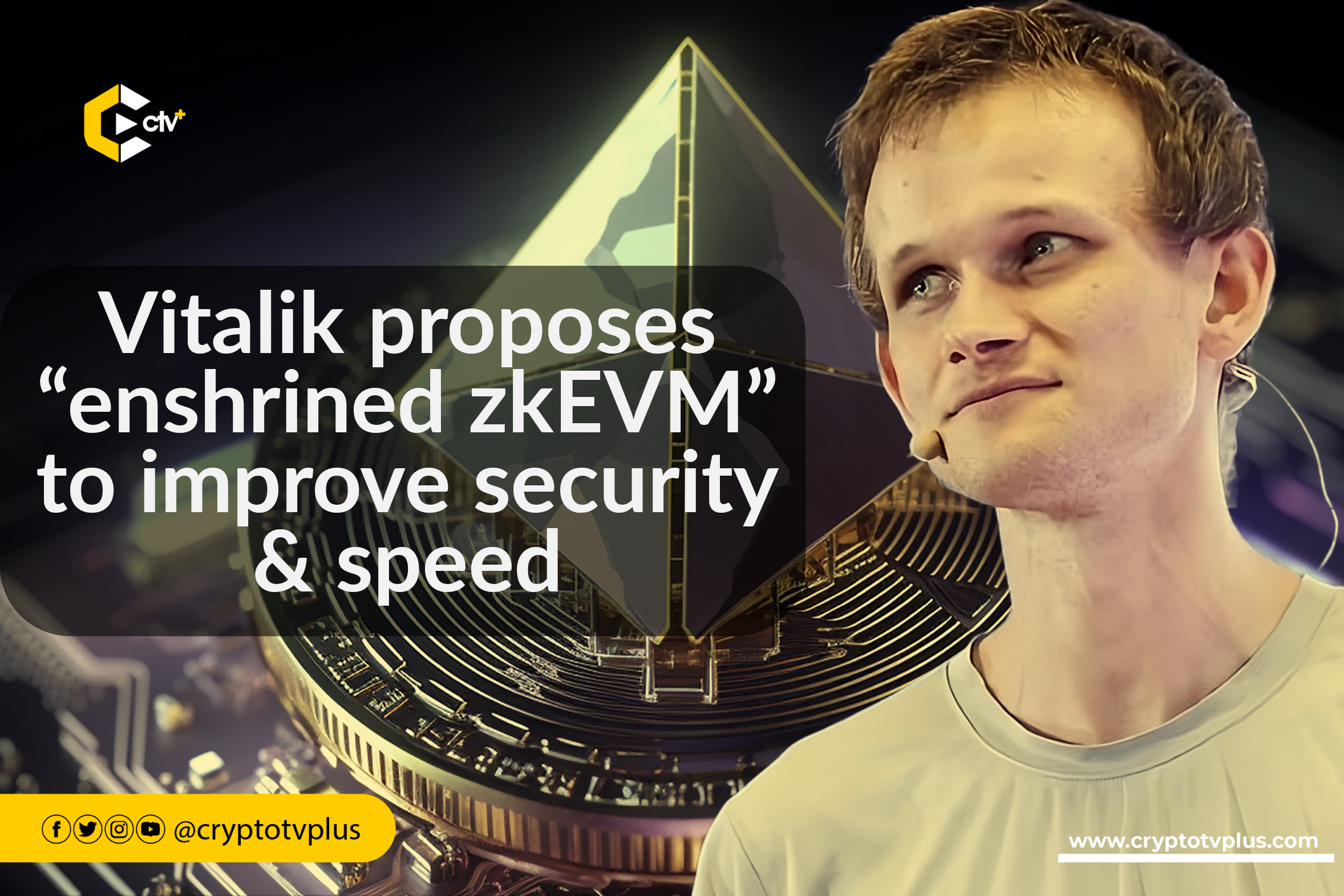
In a recent blog post, Ethereum co-founder Vitalik Buterin revealed a proposal for integrating a “zero-knowledge Ethereum Virtual Machine” (ZK-EVM) directly into the Ethereum blockchain. The primary objective behind his concept is to transform the efficiency and security of Ethereum’s Layer-2 protocols, including optimistic and ZK rollups.
The co-founder’s proposal addresses significant challenges within Ethereum’s current Layer-2 solutions, especially their reliance on Ethereum Virtual Machine (EVM) verification. The reliance on large, potentially vulnerable codebases has raised security concerns.
He stated that the “enshrined” ZK-EVM aims to streamline the verification process by internalizing it within the Ethereum protocol’s governance and update mechanisms.
The proposal talks about important technical details. One of the goals is to ensure data is always available, to support different types of Ethereum systems, and to be flexible and easy to improve.
Speed is a big deal, with Buterin saying it’s crucial to quickly prove things to make transactions almost instant.
Additionally, Buterin envisions the ZK-EVM focusing on verifying Ethereum blocks by processing inputs like a pre-state root, a block, and a post-state root. This integration ensures the integrity of the post-state root as a true outcome of block execution.
The proposal fits well with Ethereum’s idea of having multiple clients, which means different ways of verifying information. It highlights the need to make sure data is accessible and can be checked, stressing the importance of transparency and being able to double-check things.
However, he mentioned that implementing the ZK-EVM comes with challenges and choices. It needs to work well with different things, be flexible, make sure data is always there, and be easy to check, upgrade, and support new ideas for Layer-2 solutions.
The proposal, while suggesting a fundamental shift in Ethereum’s verification protocols, acknowledges the ongoing relevance of Layer-2 solutions.
These solutions would continue to play crucial roles in providing fast pre-confirmation activities, mitigating negatives of maximal extractable value (MEV), and attracting users through compensation mechanisms like MEV and congestion fees.
Read also; NEWSRussia plans to sell mined cryptocurrencies as export products



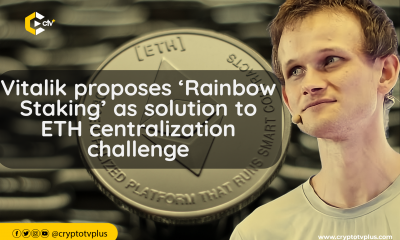

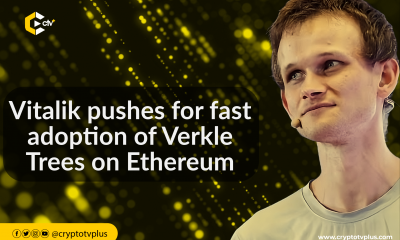

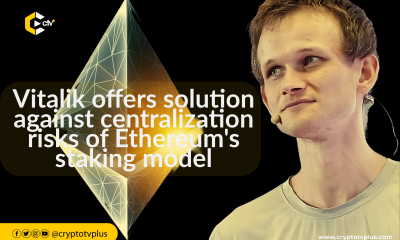

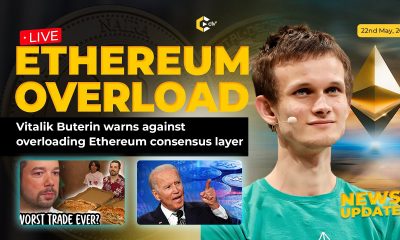

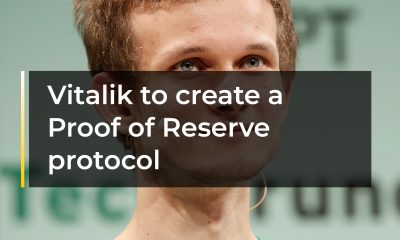













1 Comment